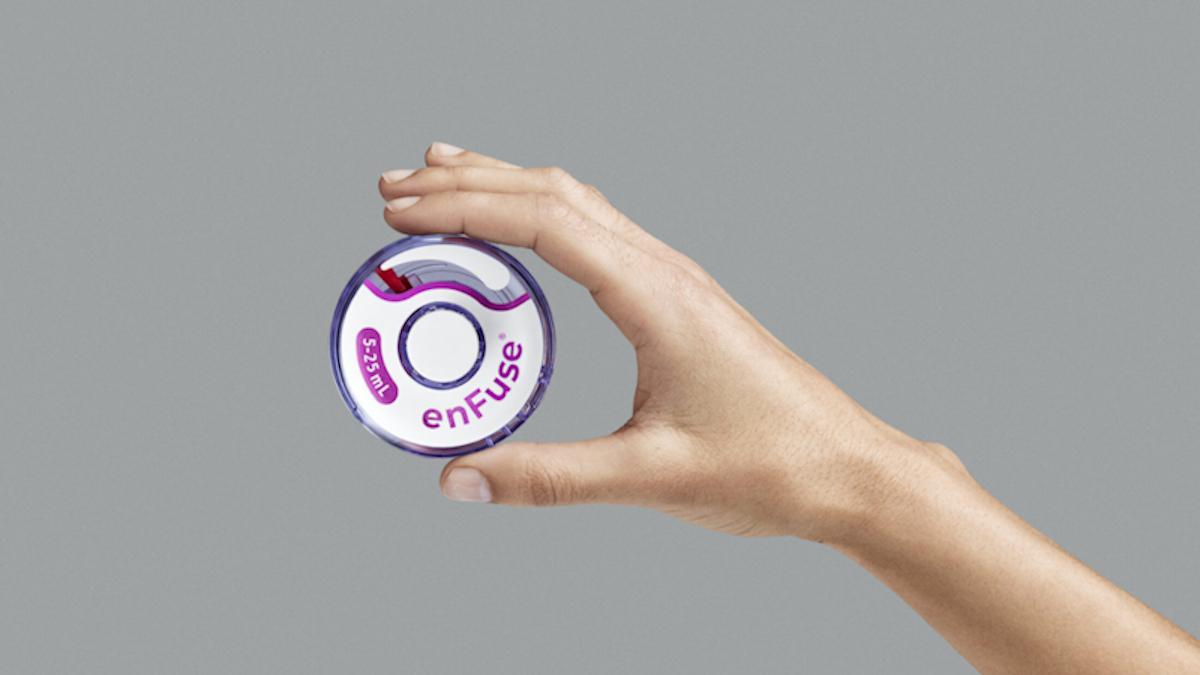NICE backs interim funding for J&J/Takeda myeloma regimen

A three-drug regimen for multiple myeloma based on Johnson & Johnson’s Darzalex, Takeda’s Velcade and dexamethasone will be made available to patients in England, but only via the Cancer Drugs Fund (CDF).
The funding means that the triple regimen will be an option for treating relapsed multiple myeloma in people who have had one previous line of therapy, although NICE has stopped short of making it available routinely on the NHS saying data to back up its survival benefit in the long-term is limited.
That verdict in the final draft guidance comes despite NICE’s own characterisation of the triple regimen as a potentially ‘game-changing’ treatment for around 2,900 patients estimated to be eligible for the treatment each year.
The regimen – known as DVd – combines anti-CD38 antibody Darzalex (daratumumab) sold by J&J’s Janssen drugs unit with Takeda’s proteasome inhibitor Velcade (bortezomib) and generic corticosteroid dexamethasone.
The phase 3 CASTOR trial reviewed by NICE showed that adding Darzalex to Velcade and dexamethasone reduced the risk of disease progression or death by 61% compared to Velcade and dexamethasone alone at a median follow-up of 7.4 months. Overall, progression-free survival (PFS) was extended by around 18 months with Darzalex.
NICE has concluded however that the overall survival data from the trial are immature because more than half of the patients treated with DVd were alive after nearly four years of follow up, says Janssen. The CDF will collate additional data on patients treated with the drug to see if the overall survival data matures
“While it is positive news that patients will now be able to access DVd, it is disappointing that NICE – despite recognising the life-extending, step-change this combination represents for patients – did not recommend routine access on the NHS,” commented Jennifer Lee, director of health economics, market access and reimbursement (HEMAR) and advocacy at Janssen.
“The parameters through which NICE determines uncertainty need urgent re-evaluation,” she added.
Darzalex has also gone through the NICE evaluation process as a monotherapy for relapsed or refractory myeloma, and last year that also resulted in access via the CDF after months of negotiations.
NICE had previously rejected the drug as a third-line treatment but eventually agreed it could be deployed as a fourth-line option after Janssen offered a discount on its list price. At list price, a course of Darzalex lasting on average 3.4 months costs almost £69,000 excluding administration costs – but Janssen has offered a discount where it offers the first five vials for free.
The decision to make DVd available via the CDF has however been welcomed by medical charity Myeloma UK, which described it as a “step change” in treatment options.
“For too long there has been real unmet need at first relapse in myeloma,” said Shelagh McKinley, the charity’s head of patient advocacy. “Limited treatment options have meant that patients were missing out at a critical time in their disease pathway.”
The Scottish Medicines Consortium is also reviewing DVd or another combination of Darzalex, Celgene’s Revlimid (lenalidomide) and dexamethasone in relapsed myeloma, with a verdict due in the third quarter of this year.













